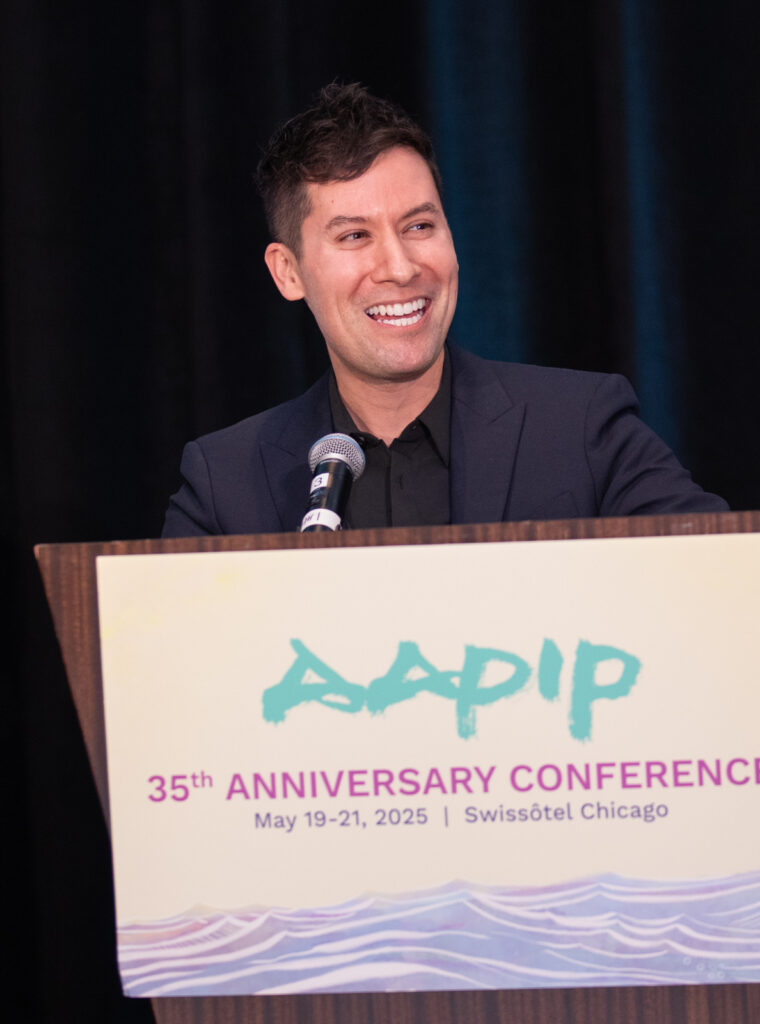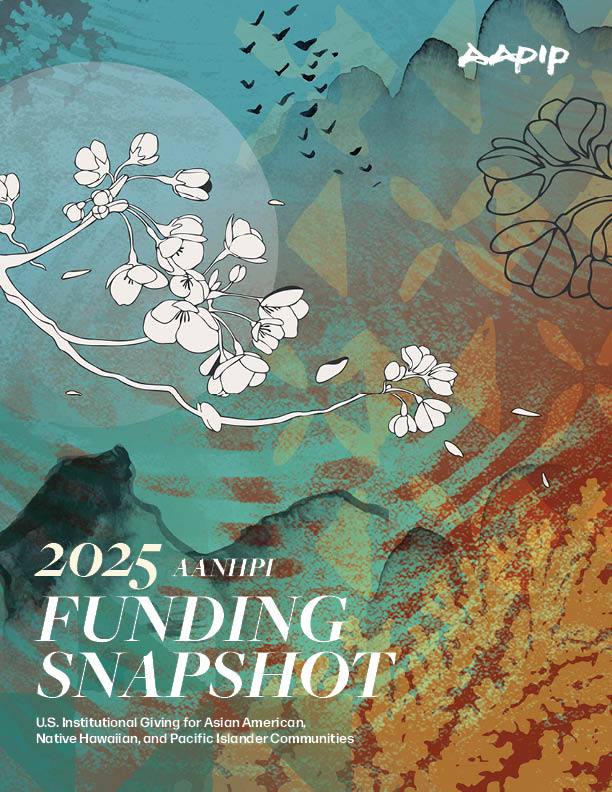As I end my two-year tenure as AAPIP’s Interim President and CEO, it is my pleasure to share with you all an updated analysis of trends, gaps, and opportunities related to grantmaking for Asian American, Native Hawaiian, and Pacific Islander communities. This is AAPIP’s fourth report on AANHPI funding in 35 years. Data has been important for our community to both reflect back to philanthropy current levels of funding and encourage increased investment.
Much has changed in the world since AAPIP was founded in 1990. AAPIP’s new 2025 AANHPI Funding Snapshot: U.S. Institutional Giving for Asian American, Native Hawaiian, and Pacific Islander Communities seeks to answer a simple question: Following foundation commitments to increase funding for communities of color in the aftermath of the racial justice uprisings of 2020 and the Atlanta spa shootings in 2021, has institutional support for AANHPI communities increased?
The short answer is not straightforward. Yes, it has increased, but, no, it has not meaningfully increased. As a percentage of philanthropic giving, we have yet to exceed our 2002 and 2009 peaks – and even at our “highs” funding was still alarmingly low. In 2023, the latest year for which we have data, only 0.34% of all U.S. grantmaking was awarded to AANHPI communities. Despite a few recent spikes in funding, philanthropic investments remain consistently low, and there are warning signs that funding may decline.

Our new analysis explores the state of AANHPI funding between 2019 and 2023. As AAPIP prepares to welcome a new President and CEO in Connie Chung Joe, this report aims to lay the groundwork for AAPIP’s philanthropic advocacy to exponentially increase foundation funding for our community and kicks off a series of reports that will include deeper analysis and recommendations. We hope you will check out this new research.
I hope you will explore the findings, join me in welcoming and supporting Connie Jung Joe as she begins her leadership, and continue to advocate for increased investment in our communities.
Sincerely,
Lyle Matthew Kan

